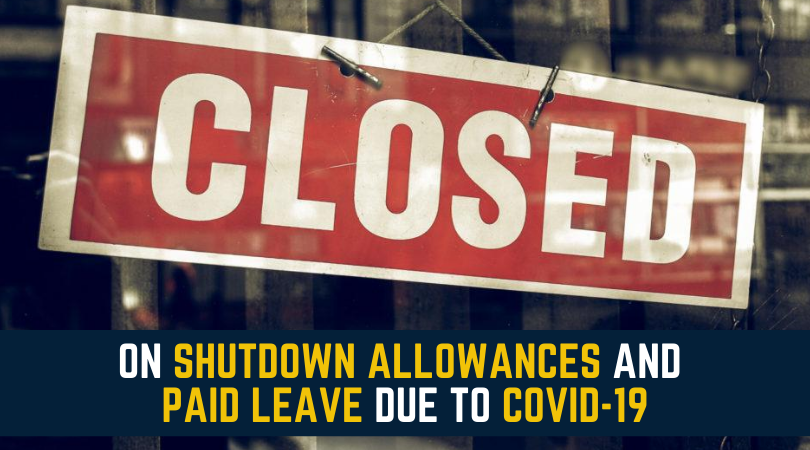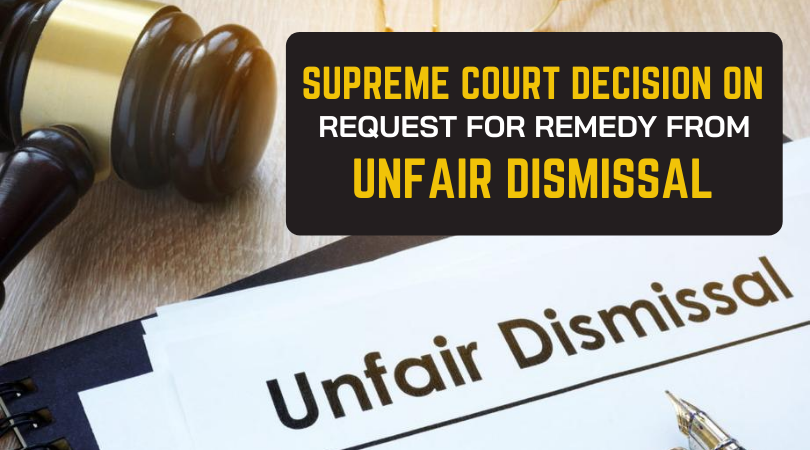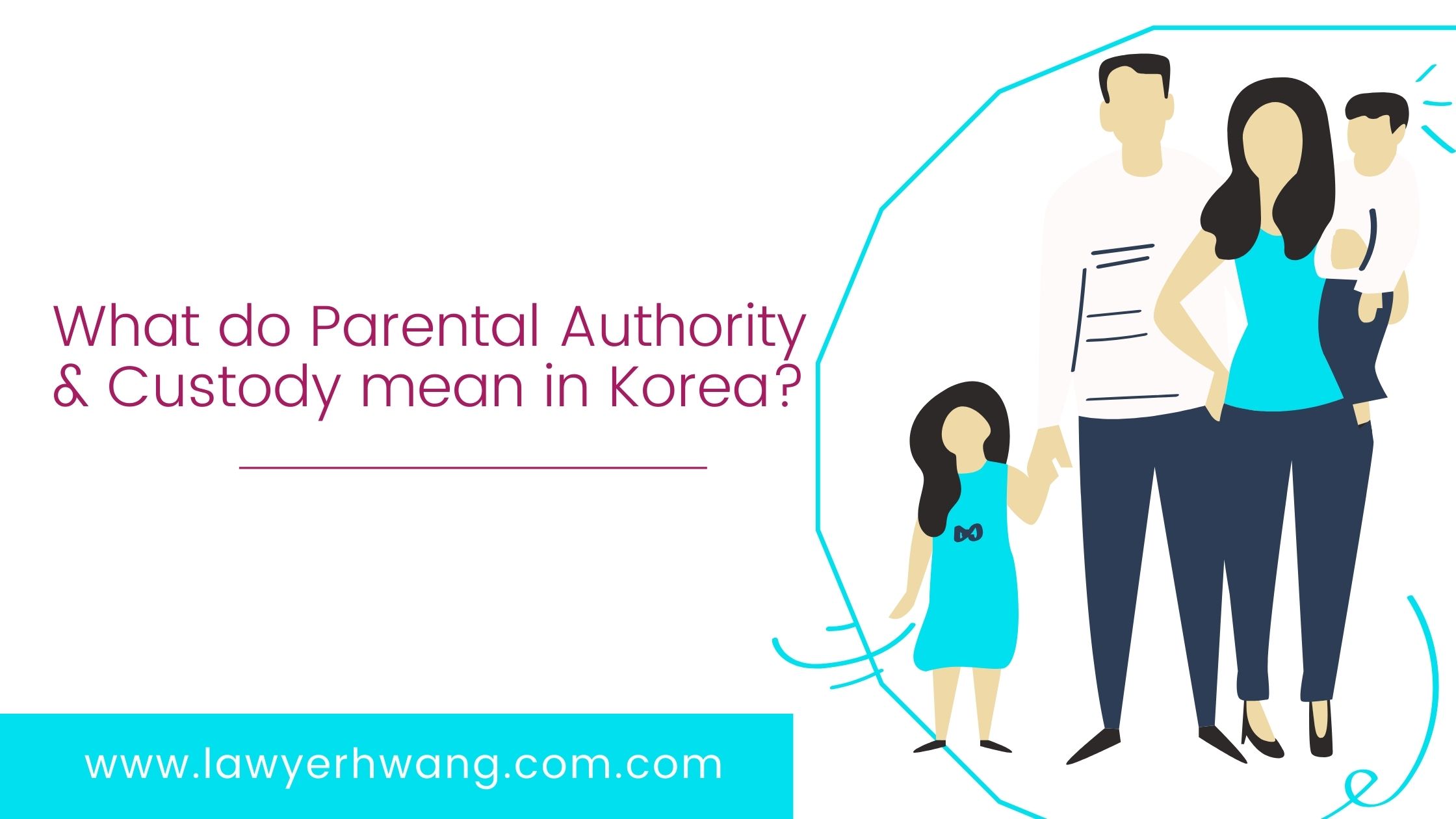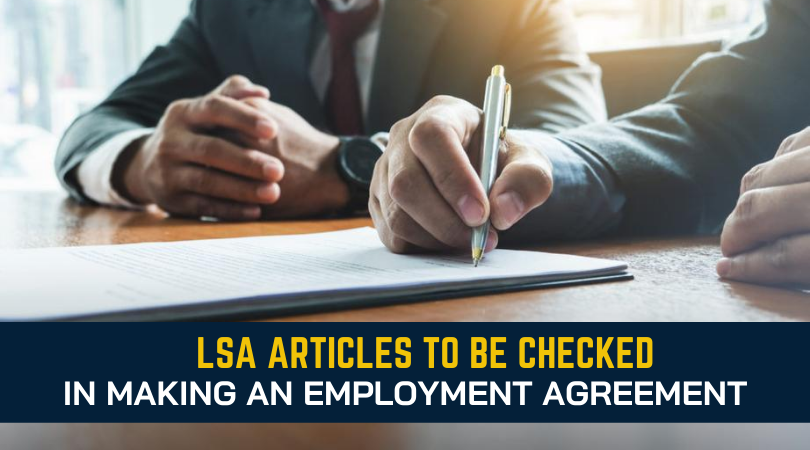Korean Labor Standards Act (1)
December 26, 2019Korean Labor Standards Act (3)
December 26, 2019
This is the second posting on Korean Labor Standards Act (hereafter referred to as “the Act”). As you might know, the Act aims at setting up “the standards for terms and conditions of employment in conformity with the Constitution, thereby securing and improving the fundamental living standards of workers and achieving a well-balanced development of the national economy”. According to the purpose of the Act, I’d like the foreign employees in Korea informed the key Articles of the Act and to secure their basic rights as workers. In this posting, I’m going to introduce the important Articles of the Act after you make a labor contract. Please note that in principle, the Act shall apply the workplaces who have five or more employees. On the other hand, several Articles shall also exceptionally regulate the workplaces of which workers are four or less. However, in general, most Articles related to basic labor standards shall be applied to every workplace. I’m going to mention it if the Articles does not regulate the workplaces of which workers are less than five.
First, I’d like to inform you of Article 15 of the Act. If you find that there is a clause against the Act in your labor contract after signing it, please remember the Article 15 of the Act as follows.
Article 15 (Labor Contracts in Violation of This Act)
(1) A labor contract which has established terms and conditions of employment not in compliance with the standards prescribed by this Act shall be null and void to that extent.
(2) Those parts made null and void in accordance with paragraph (1) shall be governed by the standards prescribed by this Act.
Based upon the Article above, you may assert that the clause shall be null and void to that extent, and demand the standards stated by the Act.
Second, what can be done if all the clauses of the labor Contract are legal, but they are not complied with? If you face difficulties working with an employee ignoring the Contract, please note the Article 19 of the Act. I’d make it clear that the paragraph (2) of the Article 19 of the Act does not regulate the workplace of which workers are less than five.
Article 19 (Breach of Terms and Conditions of Employment)
(1) When any of the terms and conditions of employment as expressly set forth pursuant to Article 17 is not observed, the worker concerned shall be entitled to claim damages on the ground of the breach of the terms and conditions of employment and may terminate the labor contract forthwith.
(2) When a worker intends to claim damages in accordance with paragraph (1), he/she may file a claim with the Labor Relations Commission, and, if the labor contract has been terminated, the employer concerned shall provide travel expenses for returning home to the worker who changes his/her residence for the purpose of taking up a new job.
Third, it is necessary to know about the unfair dismissal. I have received many inquiries of unfair dismissal from the expatriates. On unfair dismissal, Article 23 of the Act prescribes as below and please keep in mind that the paragraph (1) of the Article 23 shall be only applied to the workplaces having five or more regular workers.
Article 23 (Restriction on Dismissal, etc.)
(1) An employer shall not, without justifiable cause, dismiss, lay off, suspend, or transfer a worker, reduce his/her wages, or take other punitive measures (hereinafter referred to as “unfair dismissal, etc.”) against him/her.
(2) An employer shall not dismiss a worker during a period of suspension of work for medical treatment of an occupational injury or disease and within 30 days immediately thereafter, and any woman before and after childbirth shall not be dismissed during a period of suspension of work as prescribed by this Act and for 30 days immediately thereafter: Provided, That this shall not apply where the employer has paid a lump sum compensation as provided for under Article 84 or where the employer may not continue to conduct his/her business.
Fourth, an unexpected notice of dismissal must be an embarrassing one. The Articles 26 and 27 of the Act prescribes on prior notice of dismissal. Please note that Article 27 of the Act does not regulate the workplace of which workers are less than five. The Articles are as follows;
Article 26 (Advance Notice of Dismissal)
When an employer intends to dismiss a worker (including dismissal for managerial reason), he/she shall give the worker a notice of dismissal at least 30 days in advance of such dismissal, and, if the employer fails to give such advance notice, he/she shall pay that worker ordinary wages for not less than 30 days: Provided, That this shall not apply where a natural disaster, calamity or other unavoidable circumstances prevent the continuance of the business or where the worker has caused a considerable hindrance to the business or inflicted any damage to the property on purpose, cases that fall under any cause determined by Ordinance of the Ministry of Employment and Labor.
Article 27 (Written Notice of Grounds, etc. for Dismissal)
(1) When an employer intends to dismiss a worker, he/she shall notify the worker in writing of grounds and timing for the dismissal.
(2) The dismissal of a worker shall become effective only upon a written notice pursuant to paragraph (1).
(3) Where an employer has given a worker an advance notice of dismissal under Article 26 in writing, stating grounds and timing for dismissal, the employer shall be deemed to have given notification under paragraph (1).
Fifth, payments of wages and severance would be an issue if you’re dismissed or resign, or a labor contract terminates. On the settlement of payments, the Article 36 states as follows;
Article 36 (Settlement of Payments)
When a worker dies or retires, the employer shall pay the wages, compensations, and other money or valuables within 14 days after the cause for such payment occurred: Provided, That the period may, under special circumstances, be extended by mutual agreement between the parties concerned.
Additionally, the Act also states the interest on delayed payments. The Article 37 prescribes as below;
Article 37 (Interest for Delayed Payment of Wages)
(1) When an employer fails to pay the whole or a part of the wages and the allowances (referring to only lump-sum allowances) provided for in subparagraph 5 of Article 2 of the Guarantee of Workers’ Retirement Benefits Act which he/she is liable to pay under Article 36 within 14 days after the cause for such payment occurred, he/she shall pay interest accrued for the delayed days from the following day to the day of the payment in accordance with the interest rate prescribed by Presidential Decree by taking account of the economic situations such as overdue interest rates etc. applied by the banks established under the Banking Act within the limit of 40/100 per year. <Amended by Act No. 10303, May 17, 2010>
(2) The provisions of paragraph (1) shall not apply where an employer delays the payment of wages for natural disasters, calamities, or other reasons prescribed by Presidential Decree, for the period in which the said reasons exist.
I’ve roughly informed you of the Articles of the Act worthy of note after you sign a labor contract. It might be tricky that several Articles does not regulate the workplace having workers less than five. In sum, among the Articles that I’ve mentioned so far in this posing, the paragraph (2) of Article 19, the paragraph (1) of Article 23 and Article 27 don’t be applied to the workplace of which workers are less than five. Please note that the number of the workers shall be counted according to specific standards prescribed in the decree of the Act, so it is necessary to consult a lawyer which articles shall apply to your workplace if you have labor issues related those Articles above.
In the next and the last posting on Korean Labor Standards Act, I’m going to introduce the legal actions you may take if you’re dismissed unfairly or you’re not paid according to the clause prescribed in your labor contract.
If you have any further inquiries, please request a consultation (https://lawyerhwang.com/consultation/). My office is located near Seoul District Court and Gyodae station in Seoul.
All rights reserved
Related posts
Blog Articles
Contact Information
201, 160, Seochojungang-ro, Seocho-gu, Seoul, Republic of korea.
Phone: +82-2-535-1235
Mobile: 010 5349 1235
Fax: +82-2-536-1236
Email: [email protected]






































![[Supreme Court Decision – Criminal Law] – On Intent of Defamation](https://lawyerhwang.com/wp-content/uploads/2020/03/Supreme-Court-Decision-–-Criminal-Law-–-On-Intent-of-Defamation.png)
![[Supreme Court Decision – Criminal Law] – On Uploading a “Torrent File” of Obscene Videos](https://lawyerhwang.com/wp-content/uploads/2020/03/Supreme-Court-Decision-–-Criminal-Law-On-Uploading-a-“Torrent-File”-of-Obscene-Videos.png)






























